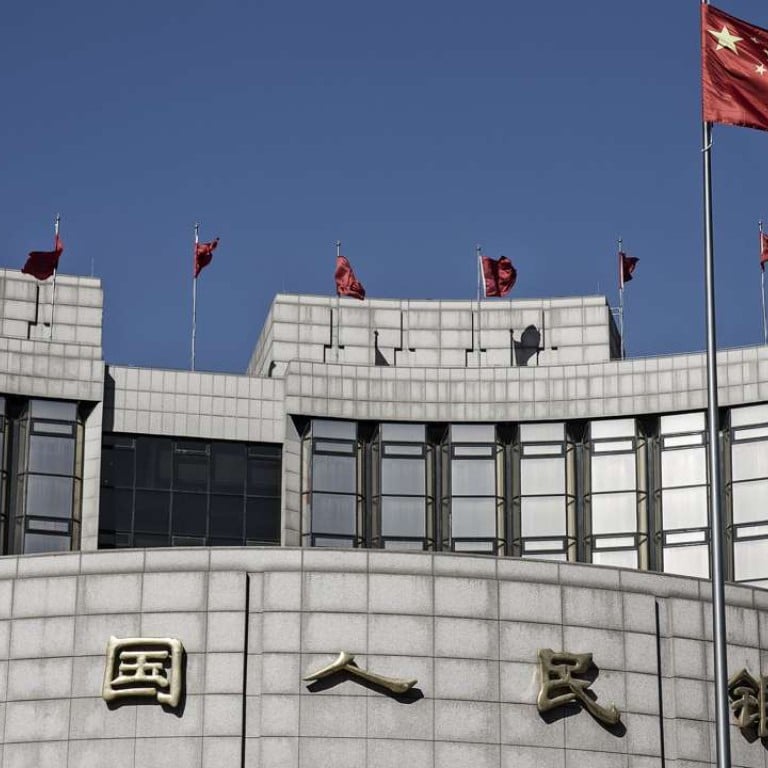
China’s currency curbs merely ‘temporary’ to stem yuan’s outflow, central bank chief says
People’s Bank of China governor Zhou Xiaochuan indicated that yuan flows will return to normal once the markets stabilise, HKMA’s chief Norman Chan said
The Chinese central bank governor Zhou Xiaochuan has described the country’s measures for limiting the yuan’s outflows as a temporary means for preventing capital flight and restoring calm to the currency markets, said the Hong Kong Monetary Authority’s chief executive Norman Chan.
“Governor Zhou said the measures are for the short term,” Chan said in Beijing, after leading a visit by the Hong Kong Association of Bankers to the Chinese central bank. “When the market condition becomes stable, the capital flow will be back to normal.”
The People’s Bank of China imposed a limit on companies that wanted to remit the yuan, equivalent to 30 per cent of their shareholders’ equity two weekd ago.
In addition to the cap, non-financial firms are only allowed to execute any transfers as loans to offshore entities, and these must be supported by valid commercial reasons and must be repaid as per schedule, according to the central bank.
Since the new rule took effect, mainland banks had been discouraging customers from any cross-border transactions in their capital accounts, including for overseas debt repayments, despite having set up intra-group yuan cash pools on both sides of the border with China.

The move follows the yuan’s deterioration against the US dollar by as much as 7 per cent this year, as the greenback surged against global currencies on expectations that interest rates would rise back home.
As a result of the yuan’s weakening, many Chinese companies and ordinary citizens had been devising schemes to take their currency out of the country before it deteriorates further.
Those measures may be subjected to adjustments once the currency markets are stabilised, Chan said Monday, after his meeting with Zhou.
Chan’s three-day trip to Beijing included visits to the China Banking Regulatory Commission, the Asia Infrastructure Investment Bank, as well as with Chinese vice premier Ma Kai, who formerly headed the National Development & Reform Commission.
By using administrative measures to control the currency, the Chinese monetary authority is exercising greater flexibility “to highlight that the overall direction of China’s financial reforms remain market-oriented, and remain unchanged,” said ANZ Bank’s China economist Qu Tianshi. These are just measures “put in place to stem the capital outflows,” he said.
“To a great extent the controls will depend on market conditions, until the depreciation pressure eases on the yuan and the capital outflow subsides,” Qu said.
The yuan strengthened on Monday for the first day in four, rising to 6.9472 per dollar, after tumbling last week when the US Federal Reserve raised interest rates and officially ended almost a decade of easy finance.
Chan said the shrink in renminbi liquidity pool is as a result of investors’ adjustment in asset allocation amid the depreciation, but it will have little impact on Hong Kong’s banking sector and the internationalisation of the currency.
“An imbalance in demand for offshore renminbi is normal,” Chan said. “Although it will cause volatility in the exchange rate, this is also with the market’s expectation.”
May Tan, chairwoman of the Hong Kong Association of Banks, said the shrinking renminbi liquidity pool will have little impact on the banking sector as banks are still conducting businesses in other currencies.
Tan, who is also chief executive at Standard Chartered for Hong Kong, said China is still committed to the internationalisation of renminbi despite those temporary measures to stem outflow.

